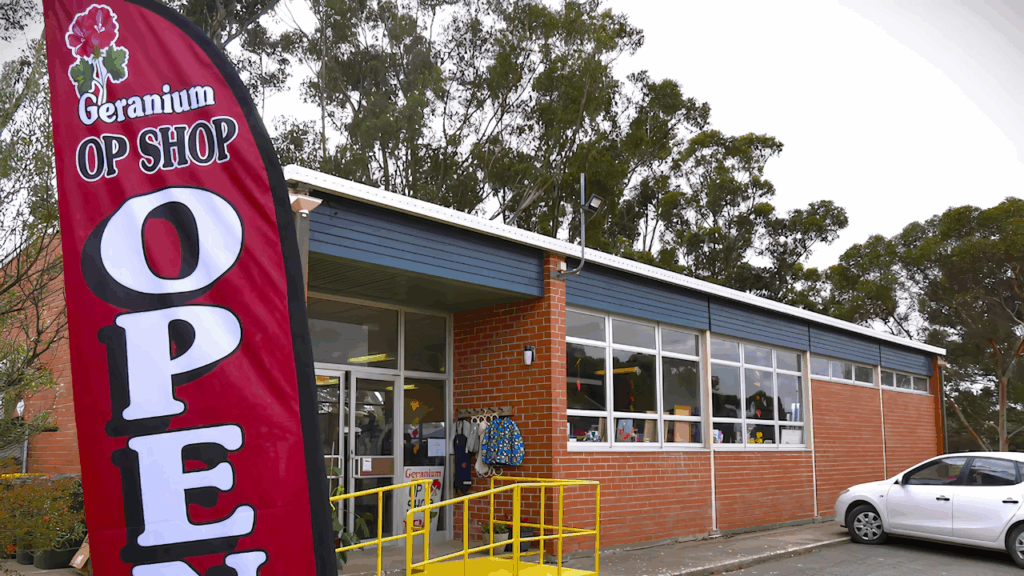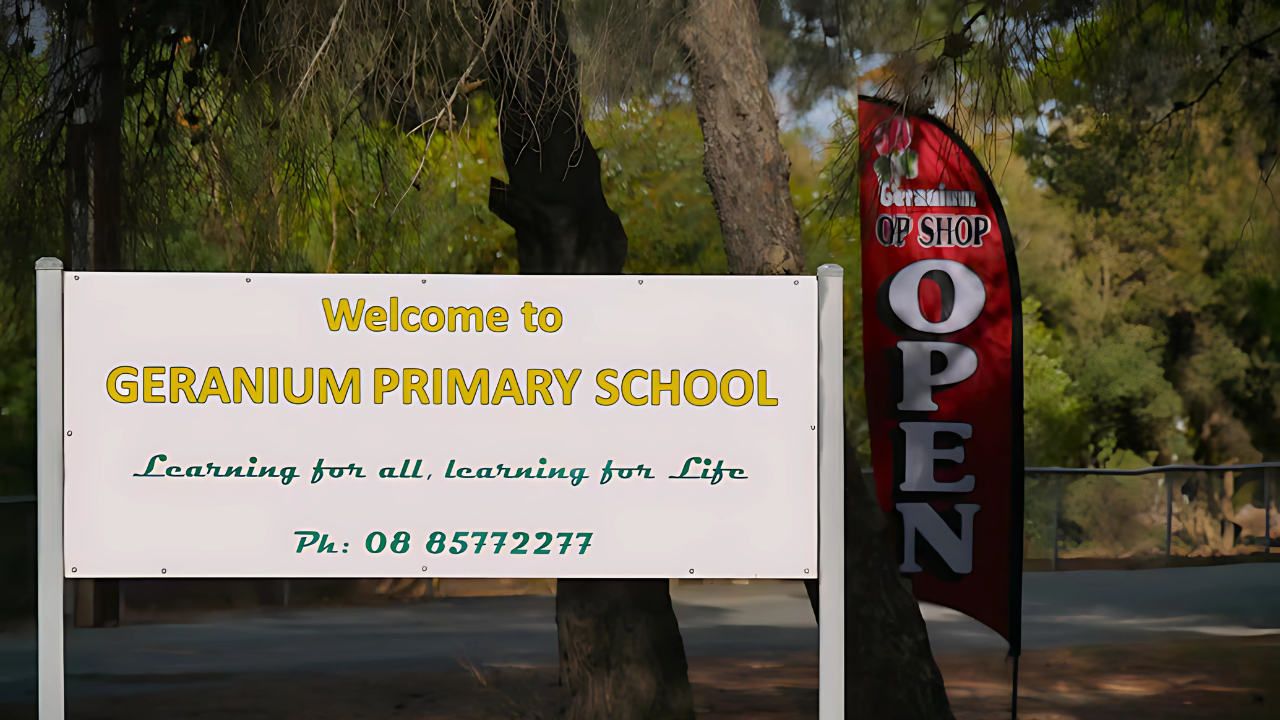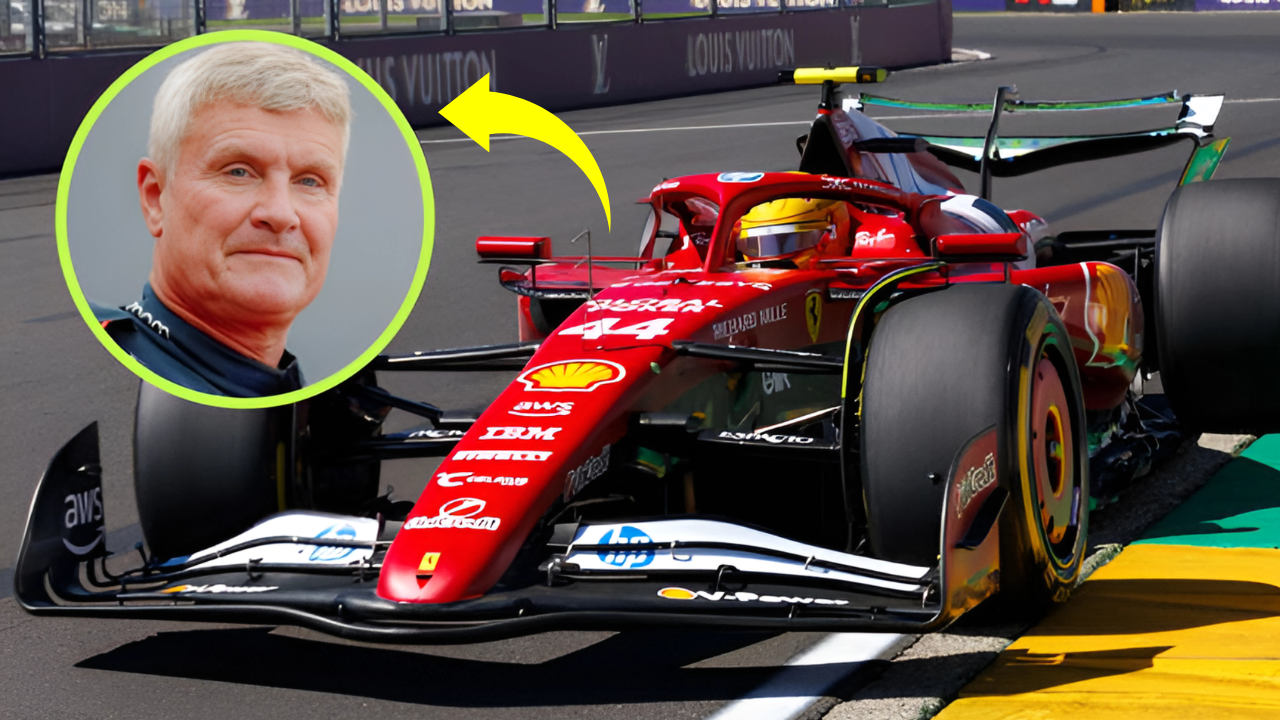The quiet halls of Geranium Primary School, once filled with the laughter and learning of rural Australian children, have discovered an unexpected second chapter. After more than a century of educational service, this beloved institution in South Australia’s Mallee region has undergone a remarkable transformation into a bustling community opportunity shop, proving that sometimes the best solutions come from the heart of the community itself.
Former Geranium Primary School transforms into thriving community op shop, breathing new life into century-old educational landmark through sustainable community initiative.
The End of an Educational Era
Geranium Primary School officially closed its doors following extensive community consultation and a steady decline in student enrollments over the past decade. By 2022, the school faced the stark reality of zero enrolled students, leading to the suspension of educational services at the historic site.
From Classroom to Community Hub: How Geranium Primary School Found New Life as a Thriving Op Shop

The closure marked the end of an era for this small farming community, where “for more than 100 years, Geranium Primary School has played a significant role in the town’s sense of community,” as noted by Con Karvouniaris, the Review Committee’s Presiding member.
The decision wasn’t made lightly. A ministerial Review Committee spent months considering the educational, social, and economic needs of the local community, ultimately providing a unanimous recommendation for closure while ensuring the future use of the facilities remained a priority.
A Community-Driven Vision Takes Shape
Rather than allowing the cherished building to fall into disrepair, the tight-knit Geranium community rallied together with an innovative solution. Local residents, many of whom were former students or parents who had walked those same corridors, proposed transforming the space into something that would continue serving the community’s needs – an opportunity shop that would provide affordable goods while generating funds for local initiatives.
The transformation represents more than just a change of purpose; it symbolizes the resilience and creativity of rural Australian communities facing demographic challenges. Where textbooks once lined shelves, donated clothing now hangs neatly on racks. Former classrooms have become specialized departments for homewares, books, and children’s items.
Preserving History While Embracing Change
The conversion process was handled with remarkable sensitivity to the building’s educational heritage. Original classroom features, including the old school bell and honor boards recognizing past students, have been carefully preserved and incorporated into the op shop’s design. Visitors can still see remnants of the school’s proud history while browsing through donated treasures.
The main assembly hall now serves as the op shop’s central area, its high ceilings and natural light creating an welcoming shopping environment. Former administrative offices have been repurposed as sorting and storage areas, while the old staff room has become a volunteer break area where community members gather to share stories and coordinate activities.
Economic Impact and Community Benefits
The transformation has delivered unexpected economic benefits to the small town. The op shop employs several part-time local residents and relies on a dedicated team of volunteers who bring diverse skills to the operation. Proceeds from sales are reinvested directly into community projects, creating a sustainable funding model for local improvements.
Monthly revenue has steadily increased as word spreads about the unique shopping experience and quality items available. The shop has become a destination for bargain hunters from neighboring towns, bringing new foot traffic to Geranium’s remaining businesses.
Environmental Sustainability at Its Core
Beyond the immediate community benefits, the op shop transformation supports broader environmental goals through the circular economy principles. By giving pre-loved items a second life, the initiative reduces waste going to landfills while making quality goods accessible to families on limited budgets.
The shop operates with minimal environmental impact, utilizing the building’s existing infrastructure and relying primarily on donated inventory. This sustainable approach has attracted recognition from environmental groups who see it as a model for other rural communities facing similar facility challenges.
Operational Excellence and Community Engagement
The success of the transformation relies heavily on sophisticated volunteer coordination and community engagement strategies. A dedicated committee of local residents manages different aspects of the operation, from inventory management to customer service training.
Weekly community working bees bring together volunteers of all ages to sort donations, arrange displays, and maintain the facility. These gatherings have become social events in themselves, strengthening community bonds while ensuring the op shop’s continued success.
Specialized Services and Unique Offerings
Unlike typical op shops, the Geranium facility offers specialized services that reflect its educational heritage. A dedicated children’s section features educational toys and books, while a “school supplies” area provides affordable materials for families with students attending nearby schools.
The shop also hosts regular community events, including monthly book sales in the old library space and seasonal clothing swaps that draw participants from across the region. These events maintain the building’s role as a community gathering place while generating additional revenue.
Challenges and Solutions
The transformation wasn’t without its obstacles. Initial concerns about building codes, insurance requirements, and operational logistics required careful navigation. The community worked closely with local council representatives and state government departments to ensure all regulatory requirements were met while preserving the project’s community-focused vision.
Funding for initial renovations came through a combination of grants, fundraising events, and donated labor from local tradespeople. This collaborative approach kept costs minimal while ensuring professional standards were maintained throughout the conversion process.
Volunteer Coordination and Training
Managing a diverse volunteer workforce presented unique challenges that required innovative solutions. The organizing committee developed comprehensive training programs covering everything from customer service to cash handling, ensuring consistent service quality regardless of who’s staffing the shop on any given day.
Future Expansion and Long-term Vision
Plans are already underway for expanding the op shop’s impact. Proposals include establishing a small café in the former staff room, creating a community workshop space for repairs and upcycling projects, and developing an online presence to reach customers beyond the immediate geographic area.
The success has inspired other rural communities facing similar challenges to explore creative repurposing of their own closed facilities. The Geranium model demonstrates that with sufficient community will and creative thinking, abandoned buildings can become vibrant community assets.
Specifications and Key Details
Facility Information
| Aspect | Details |
|---|---|
| Building Size | 4 main buildings plus amenities |
| Location | 1-3 Geranium Terrace, Geranium SA 5301 |
| Operating Hours | Tuesday-Saturday 9AM-4PM |
| Volunteer Capacity | 25+ regular volunteers |
| Monthly Revenue | $8,000-$12,000 |
| Community Reach | 50km radius |
Service Categories
| Department | Location | Specialty |
|---|---|---|
| Clothing | Former Grades 1-2 | All ages, seasonal items |
| Homewares | Former Grades 3-4 | Kitchen, décor, furniture |
| Books & Media | Old Library | Educational, fiction, DVDs |
| Children’s Items | Former Kindergarten | Toys, games, baby goods |
| Electronics | Former Computer Lab | Tested appliances, gadgets |
Community Impact Metrics
The transformation’s success can be measured through various community indicators. Local unemployment has decreased as the op shop created new part-time positions. Community engagement levels have increased significantly, with more residents participating in local initiatives since the shop’s opening.
Property values in the immediate area have stabilized, countering the decline that often follows school closures in rural areas. The continued activity and foot traffic around the former school site has maintained a sense of vitality that benefits the entire town.
Frequently Asked Questions
Q: What happened to the original school equipment and supplies?
A: All educational materials were redistributed to nearby schools or donated to community groups, ensuring nothing went to waste.
Q: Can people still access the swimming pool and gym facilities?
A: Yes, community access to these recreational facilities has been maintained as part of the redevelopment agreement.
Q: How can people contribute to or support this initiative?
A: The op shop welcomes quality donations during operating hours and is always seeking volunteers for various roles from sorting to customer service.

